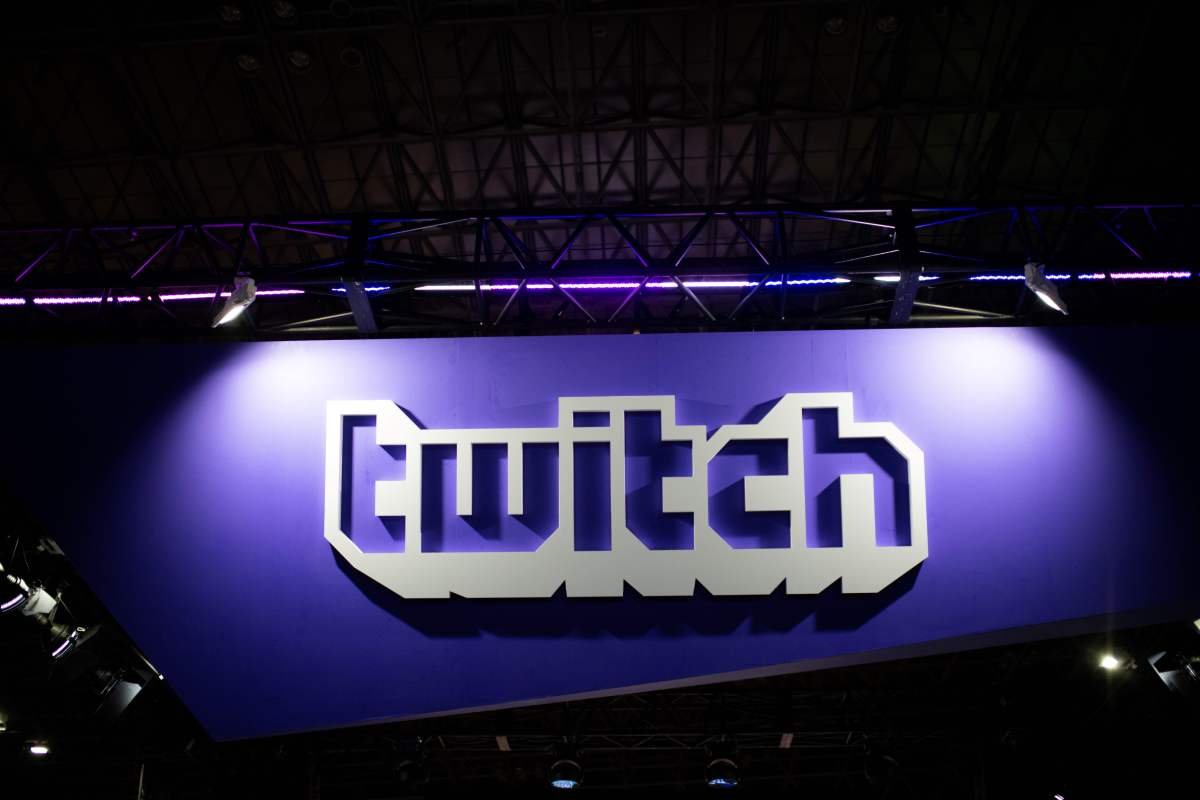There’s good news for DJs dealing with copyright issues on Twitch – the platform has come up with a solution. This week, Twitch announced a new program that will allow DJs to stream millions of tracks in a newly created DJ category. This will give DJs more clarity on which songs they can safely use in their streams.
However, there is one catch – DJs will have to share a portion of their earnings.
This move is part of a larger initiative to address DMCA (Digital Millennium Copyright Act) takedown notices, which have caused headaches for DJ streamers who incorporate pre-recorded music into their mixes. According to Twitch, the number of DJs streaming on the platform has more than quadrupled, with 15,000 of them earning money from their streams. In May 2020, these creators began receiving thousands of DMCA notifications from record labels on a weekly basis.
To participate in the program, DJs must contribute a percentage of their earnings from streams to cover some of the music rights costs. Twitch has partnered with major labels such as Universal Music Group, Warner Music Group, and Sony Music, as well as independent labels represented by music licensing partner Merlin, to offer a wide range of popular music.
While Twitch has not disclosed the exact fee DJs must pay, CEO Dan Clancy clarified in an official blog post that the cost will be determined by how a channel monetizes. This means that DJs who are not earning money on the platform will not have to pay anything.
On the bright side, Twitch has announced that it will cover 50% of the music royalties for most DJs. In addition, existing Twitch DJs will receive a one-year subsidy, providing financial support and a transition period to adjust to the new program.
“We’re proud to be the first major service to provide a safe, permanent home for DJs to livestream, and we’re excited to now be able to promote and support these creators as they build communities on our service and beyond,” said Clancy in a statement.
The new program will be launching later this summer.
In a recent interview with channel TweakMusicTips, Clancy shared additional details about the program, stating, “We are going to have to share money with the labels, it doesn’t come for free. I’ve already told a number of DJs this, and they realize, of course, they’d rather not have to share some money, but [Twitch is] going to split whatever the cost is.”
In today’s blog post, Clancy emphasized the importance of finding a solution for the community, stating, “It’s crucial that DJs understand the status quo on Twitch was not sustainable, and any viable future for the community required we find a solution.”
To celebrate the launch of the new DJ category, Twitch will be hosting a livestream with Clancy and DJ Jazzy Jeff later today at 2:30 pm ET.
So, while this new program may require DJs to share their revenue with the music industry, it will provide a safe and permanent home for DJs to livestream and will offer support for their continued success.








